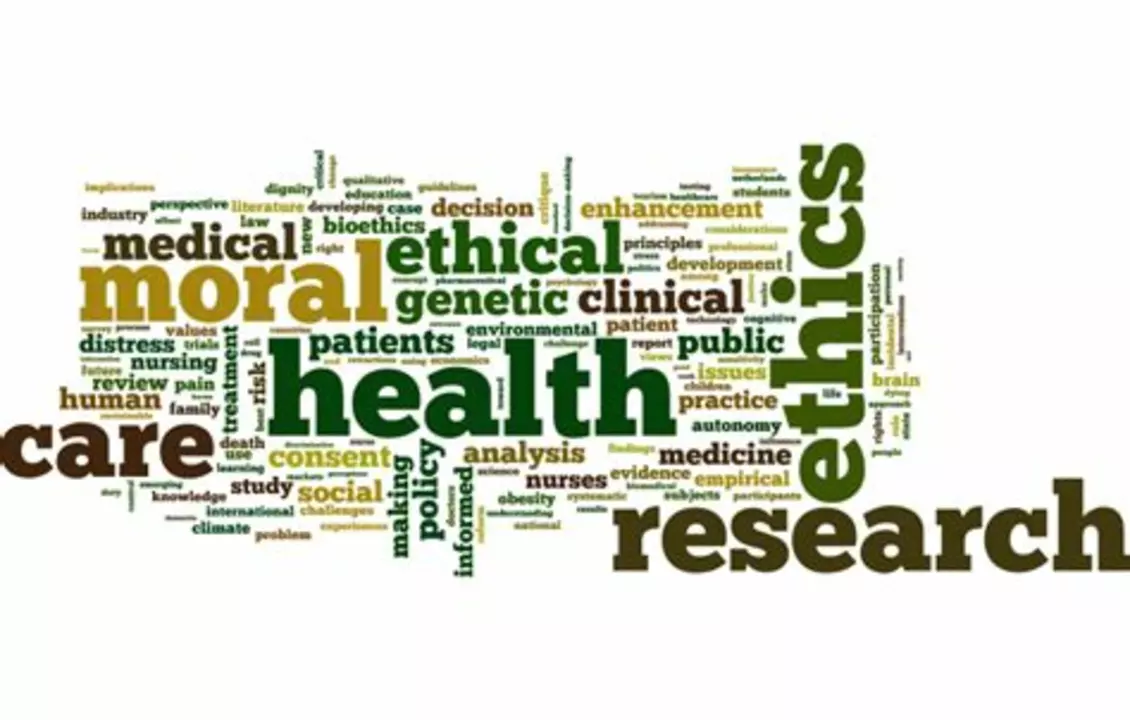Patient rights: what you can expect from health care
Imagine being in a hospital and not knowing what's happening to you. That feeling is surprisingly common — and it shouldn’t be. Patient rights are simple rules that protect you when you’re sick: the right to clear information, to privacy, to emergency care, and to say yes or no to treatments. Knowing a few basic rights makes hospital visits less stressful and helps you avoid problems later.
Common patient rights you should know
In plain terms, these are the things you can and should expect from any health provider:
Informed consent. Before any procedure or major test, you should be told what will happen, the risks, the benefits, and any alternatives. If you don’t understand, ask for a clearer explanation. Don’t sign anything you haven’t read.
Right to information and records. You have the right to know your diagnosis, treatment plan, and estimated costs. Ask for copies of reports, prescriptions, test results, and bills. Keep these documents — they matter if you need a second opinion or to file a complaint.
Privacy and dignity. Medical details must be treated confidentially. You can request privacy during exams and limited sharing of your medical details with others.
Emergency care. Hospitals should provide first aid or emergency treatment even if payment details are not yet sorted. If a hospital refuses to treat an emergency, raise the issue immediately with staff or authorities.
Non-discrimination and fair treatment. You should not be refused care because of your age, gender, religion, caste, or ability to pay. During outbreaks like COVID, this includes fair access to testing and treatment.
How to assert your rights — quick, practical steps
Actions speak louder than worries. Here’s what to do if something feels off:
Ask and note. Ask for names of the treating doctor and nurse. Write down what they tell you and the time. If language is a barrier, ask for someone who can explain in your language.
Keep copies. Get itemized bills, test reports, prescriptions, and consent forms. Take photos if needed. These records make complaints stronger.
Use the hospital grievance cell. Most hospitals have a complaint or patient relations desk. Start there — many issues get fixed fast.
Escalate when needed. If the hospital doesn’t help, you can contact the state health department, the medical regulatory body, or consumer forums. For severe neglect or abuse, involve the police.
Bring a companion. A friend or family member can help ask questions, keep records, and support you during stressful moments.
Patient rights are not just legal words — they are tools to make care safer and clearer. Keep this guide handy, ask questions early, and don’t be afraid to push for answers. Your health depends on clear communication as much as on treatment.
What is ethical based health care/medicine?
Posted by Finnegan Beckett On 8 May, 2023 Comments (0)

As a blogger, I've recently come across the concept of ethical-based health care/medicine, and I find it quite intriguing. Essentially, it refers to the practice of providing medical care based on moral principles and values, such as respect for autonomy, non-maleficence, beneficence, and justice. This approach emphasizes the importance of respecting patients' rights and ensuring their well-being while considering the potential consequences of medical decisions. By adhering to these ethical guidelines, health care providers aim to offer the best possible care while maintaining a strong moral compass. I believe that ethical-based health care can greatly enhance the overall patient experience and ultimately lead to better health outcomes.




